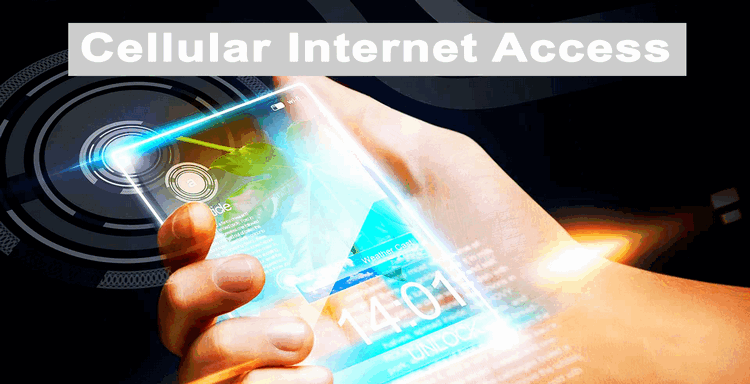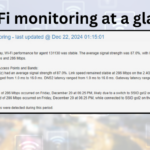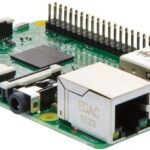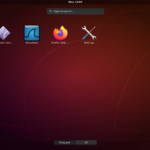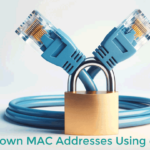Cellular internet access, also known as mobile broadband, uses a network of cell towers to provide internet access to devices such as smartphones, tablets, and laptops. Cable internet service, on the other hand, uses a network of cables to deliver internet access to homes and businesses.
Wireless internet, or Wi-Fi, uses radio waves to transmit internet access from a router or other device to nearby devices.
There are several key differences between these types of internet service, including their availability, speed, and cost.
Availability
Cellular internet service is widely available, as it uses a network of cell towers that can be accessed from almost anywhere with a cell signal. Cable internet service is also widely available, but it is generally only available in areas where a cable network has been established.
Wireless internet is typically available in homes and businesses, but its range is limited to the location of the router or other wireless access point.
Speed
The speed of cellular internet service can vary depending on a number of factors, including the strength of the cell signal, the number of users on the network, and the device being used. In general, cellular internet speeds are slower than those of cable or wireless internet.
Cable internet speeds are generally faster than those of cellular internet, but can also be affected by factors such as the number of users on the network and the distance from the nearest cable hub.
Wireless internet speeds can vary depending on the strength of the wireless signal and the number of devices connected to the network, but are generally faster than those of cellular internet.
Cost
The cost of internet service can vary depending on a number of factors, including the provider, the plan, and the location. In general, cellular internet plans tend to be more expensive than those of cable or wireless internet, especially for unlimited data.
Cable internet plans can be more affordable than those of cellular internet, but may require a contract. Wireless internet is often the most affordable option, as it does not require a contract and can be used with a variety of devices.
Advantages
Each type of internet service has its own advantages. Cellular internet service is convenient and portable, as it can be accessed from almost anywhere with a cell signal.
Cable internet service is generally faster and more reliable than cellular internet, and can be a good option for streaming and other high-bandwidth activities. Wireless internet is convenient and easy to use, as it allows multiple devices to connect to the internet at once.
Overall, the type of internet service that is best for you will depend on your needs and budget. If you need internet access on the go and are willing to pay for it, cellular internet service may be the best option.
If you need fast and reliable internet for activities such as streaming and large downloads, cable might be your better option.
Wireless internet is a good option if you need internet access in a home or business that is rural. It is also a convenient option for connecting multiple devices to the internet at once without needing cabling.
In summary, cellular internet service is widely available and portable, but may be slower and more expensive than other options.
No matter which you opt for, if you ever have problems and need to gather performance details about your connection and provider, please keep OutagesIO in mind. If you opt for wireless, you can also use OutagesIO to monitor WiFi, LET/4G/5G services using our hardware device.

